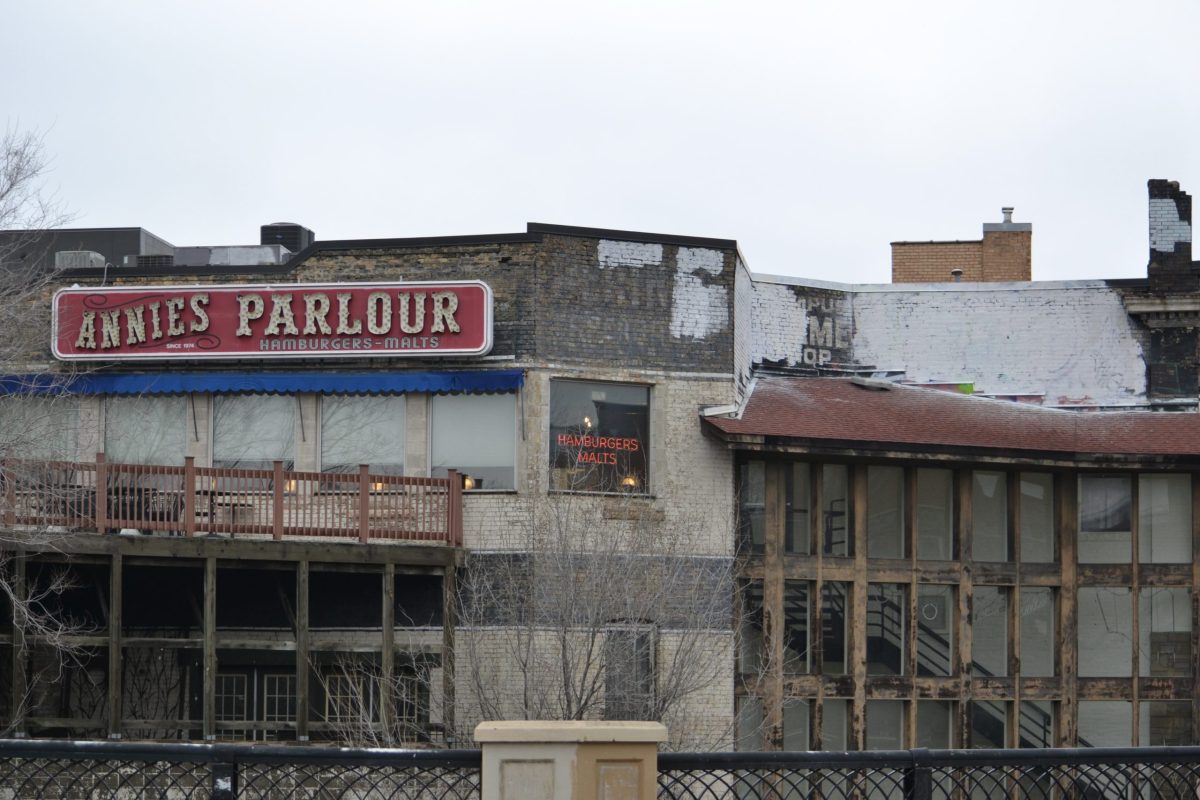When Chris Hawthorne was a University of Minnesota student in 2014, he said he and his football teammates would often get their post-practice meal at the family-owned-and-operated Vescio’s Italian Restaurant. Vescio’s had an eight-dollar all-you-can-eat pasta deal on Monday nights.
Vescio’s, a Dinkytown establishment for 60 years, closed its doors in 2018.
Vescio’s was not alone in its closure. Kafe 421, Camdi, the Purple Onion Cafe and Lands End Pasty Company are among the collection of independently-owned restaurants to close in Dinkytown in the last ten years.
Reasons for restaurant closures are varied, ranging from pandemic difficulties to the arrival of chain establishments to inflation, according to local business owners.
Tom Rimarcik is the co-owner of Annie’s Parlour which opened in Dinkytown in 1974 and re-opened in March after a four-year closure. Rimarcik said the increase of chain restaurants and apartment complexes left only remnants of what Dinkytown looked like a decade ago.
“Dinkytown has changed drastically,” Rimarcik said. “It’s always large residential buildings now, It does not look the same aside from a couple blocks that are still kind of the heart of Dinkytown, which is Annie’s and Tony’s Diner and those places.”
University alumna Amanda Rodriguez said Dinkytown is nearly unrecognizable since she graduated in 2014.
“It feels like all that is left from my time on campus, that’s even somewhat recognizable outside of [my time on campus], is really just Mesa Pizza,” Rodriguez said.
Irv Hershkovitz, former owner of Dinkytown Wine and Spirits which closed in January 2020 after 31 years in business, said generating profit while being “priced for students” is far easier for chains than locally owned businesses.
“It just got tougher and tougher for the independent owners to be able to afford rents, taxes [and] employees,” Hershkovitz said. “If you’re downtown, you can get away with charging $10 for a beer. In Dinkytown, you can’t get away with that.”
Maddie Hansen, a 2015 University graduate, said she remembers Dinkytown fondly as a “homey” place to live and enjoy, unlike today.
“It felt like a really good gathering place,” Hansen said. “With the luxury housing, [prices] have skyrocketed. I wouldn’t be able to live in Dinkytown if I was a student now because of how much it costs to live there now.”
The median cost for rent is $1,637 per month in Dinkytown, up 28 percent since this time last year, according to data from Zumper.com.
To alumni, the closures of Dinkytown’s family-owned businesses are not only a loss of good food but also a loss of the neighborhood’s welcoming atmosphere.
Hawthorne said independent businesses in Dinkytown created the “familial” and unique college town experience he remembers fondly.
“[Independent businesses] are really important seminal parts of the collegiate experience that I think people get emotional about when they leave campus,” Hawthorne said.
Rodriguez said the increased independent businesses from when she was a student made frequenting those establishments a “routine” part of daily life and University culture.
“It was more of a subconscious effort of, ‘Where should we go get food?’ Of course Annie’s, of course places like Tony’s or Al’s for breakfast. It was part of the University life a little bit,” Rodriguez said. “Of course, you’d go to Qdoba and Potbelly’s or McDonald’s, but that wasn’t always the first thought.”
Rimarcik said he is confident the familiar food and experience Annie’s provides will help maintain a semblance of Dinkytown’s original connection to University culture.
“Annie’s serves food that is just comfortable food. It’s something that isn’t complicated and I think that doesn’t change. Sometimes that’s what people want,” Rimarcik said. “It’s just a hamburger and some french fries and it’s not from McDonald’s. It’s from an independently owned restaurant.”
Hope is preserved for the presence of independent businesses in Dinkytown, Hershkovitz added. For Dinkytown to return to its former glory, increasing public safety and supporting new businesses would be the first steps, according to Hershkovitz.
“They have to clean it up and make it safe and find the right combination of businesses for students,” Hershkovitz said. “When I first started [in Dinkytown], you could buy a suit, you could buy a watch, you can’t buy anything like that anymore.”
Rodriguez said “mom-and-pop” shops form bonds that span decades of the University community and create a “generational experience.” Rodriguez added without these businesses, the connection she felt between the neighborhood and University life is lost.
“Nobody’s connecting over our mutual enjoyment of Qdoba,” Rodriguez said.
This story was originally published on Minnesota Daily on April 8, 2024.

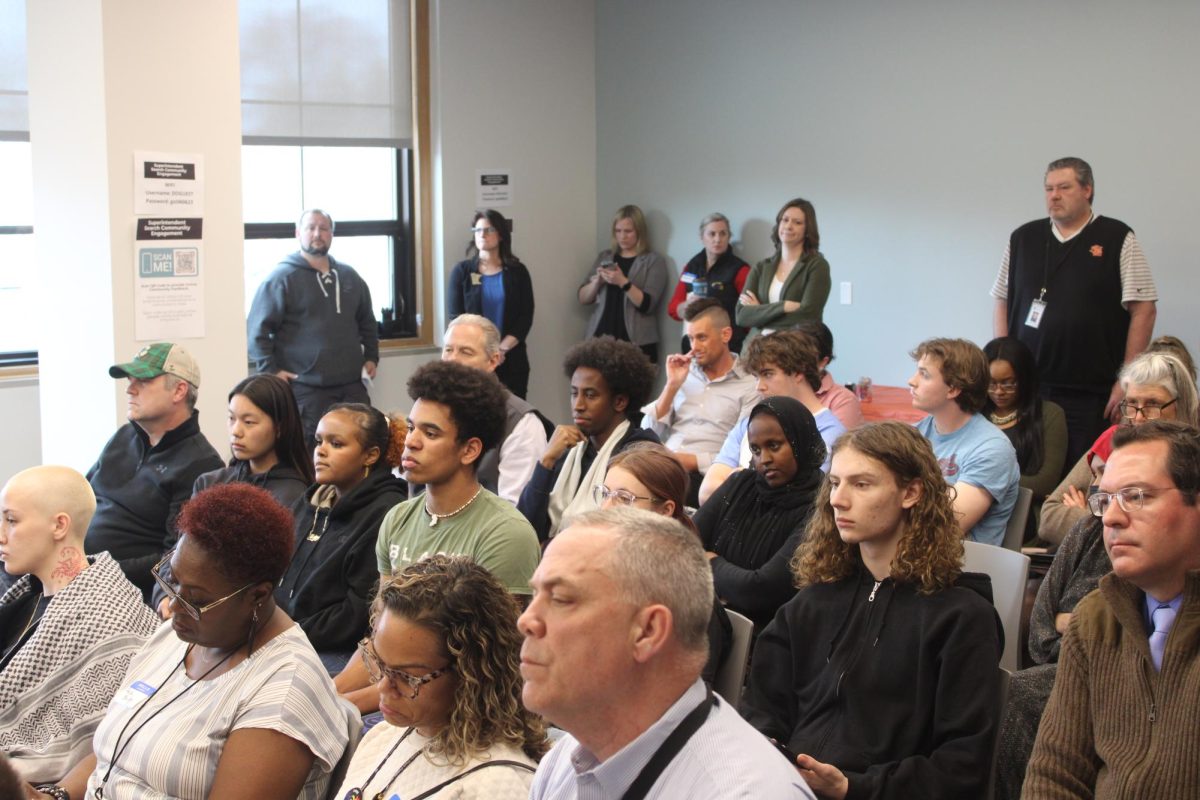
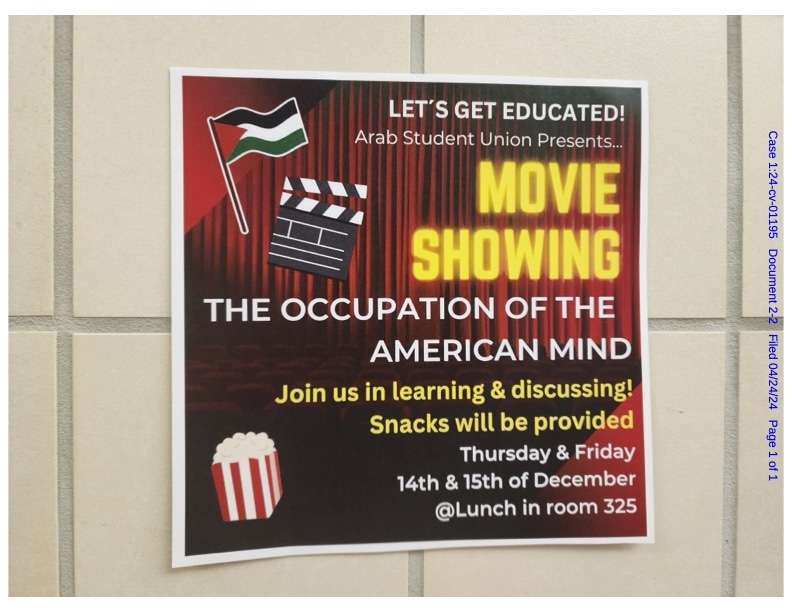
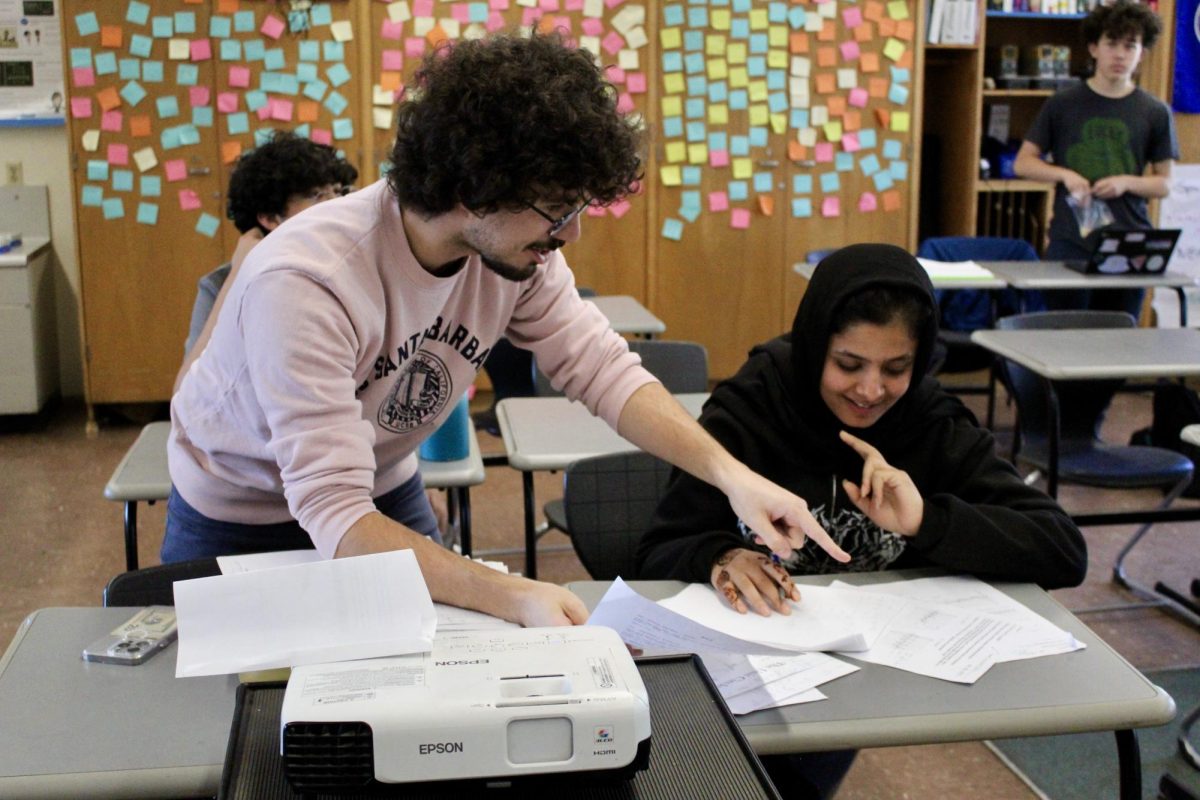
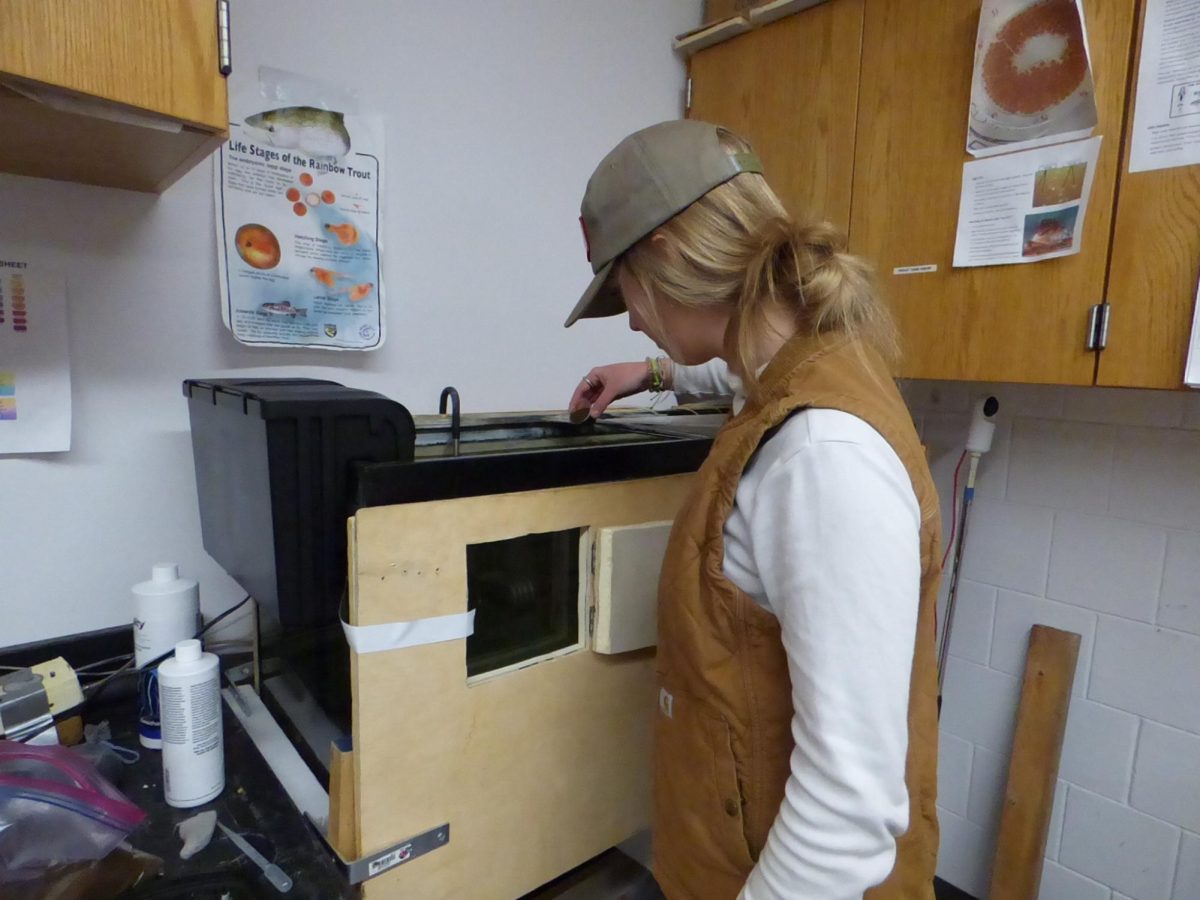
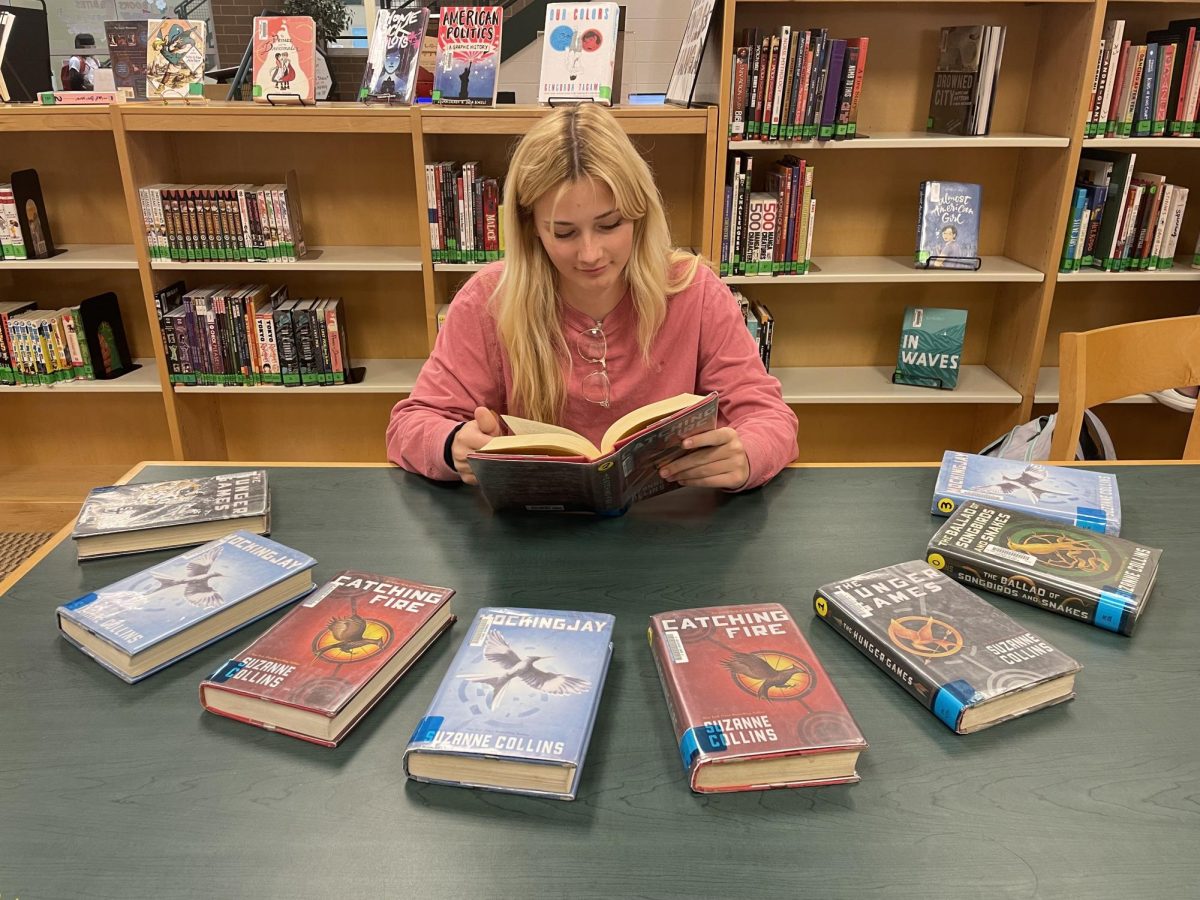

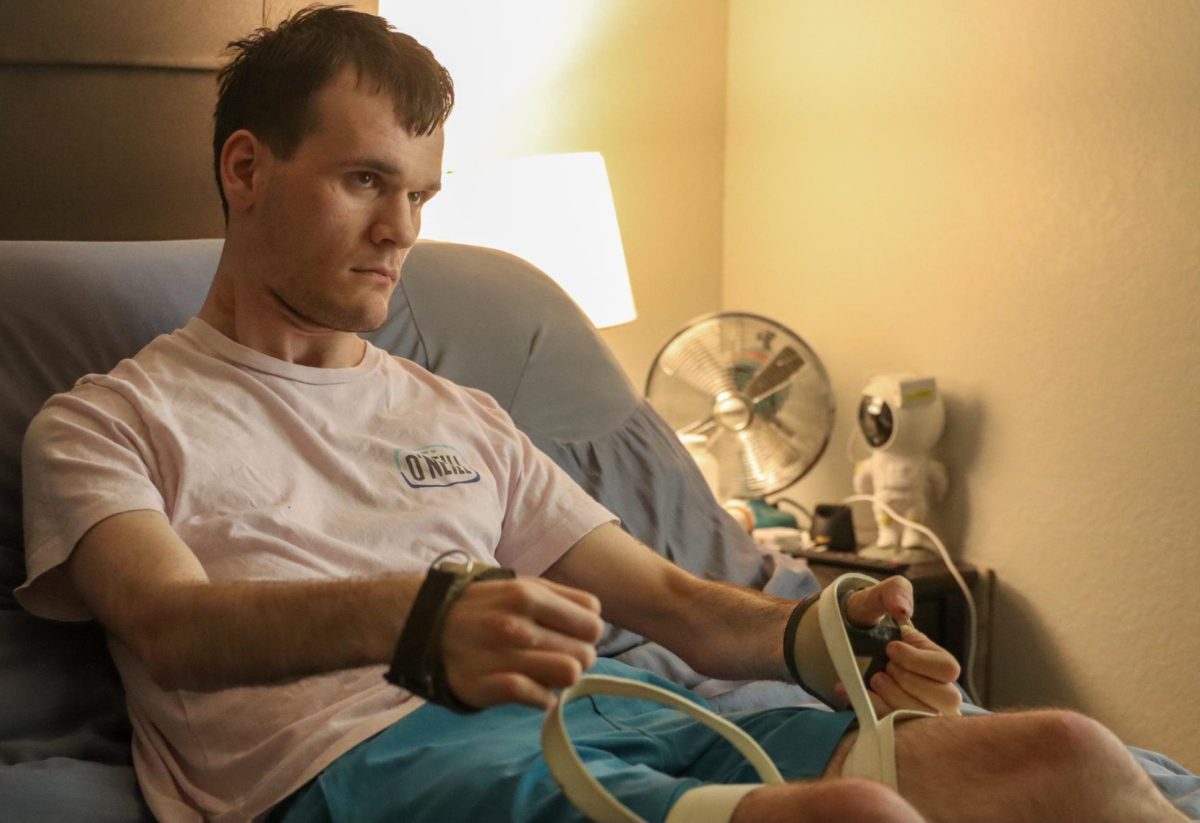



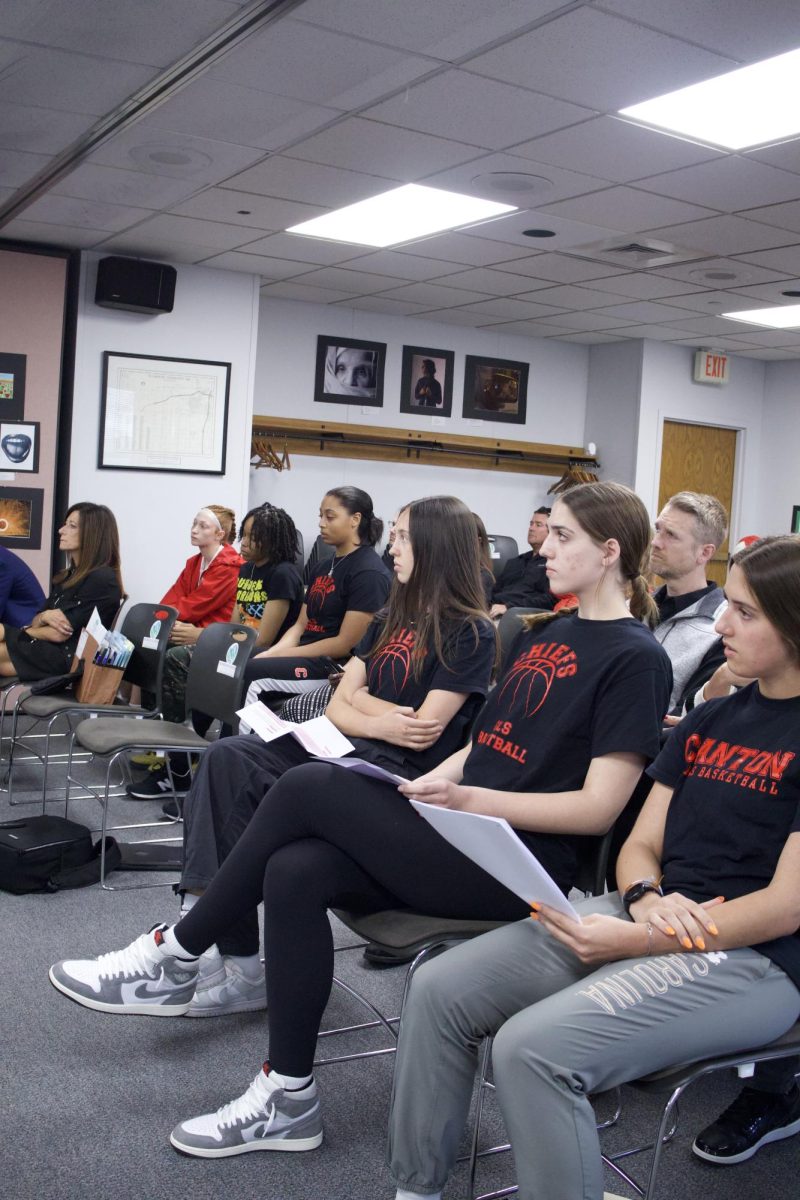

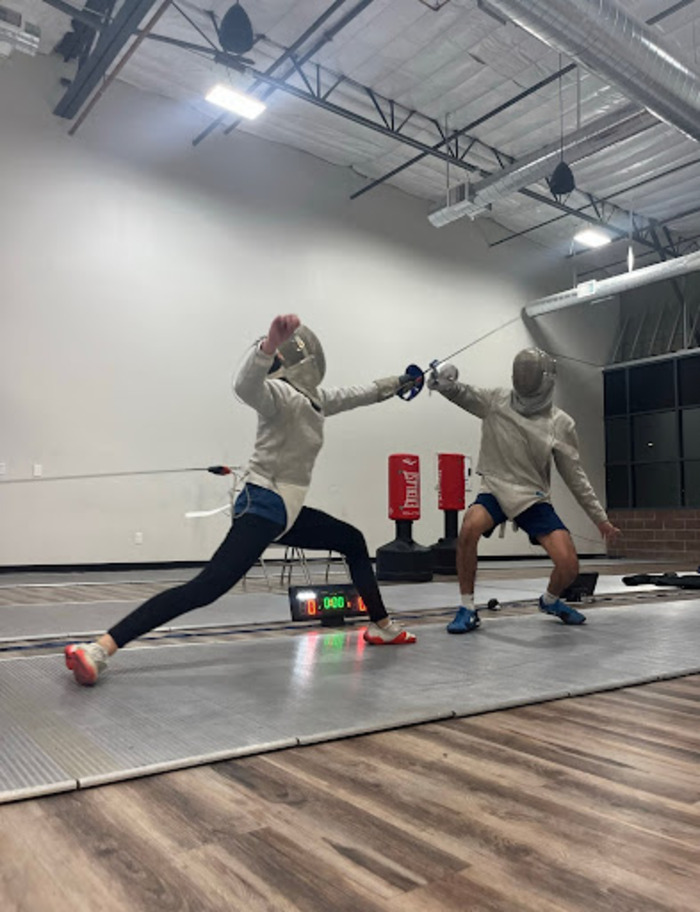
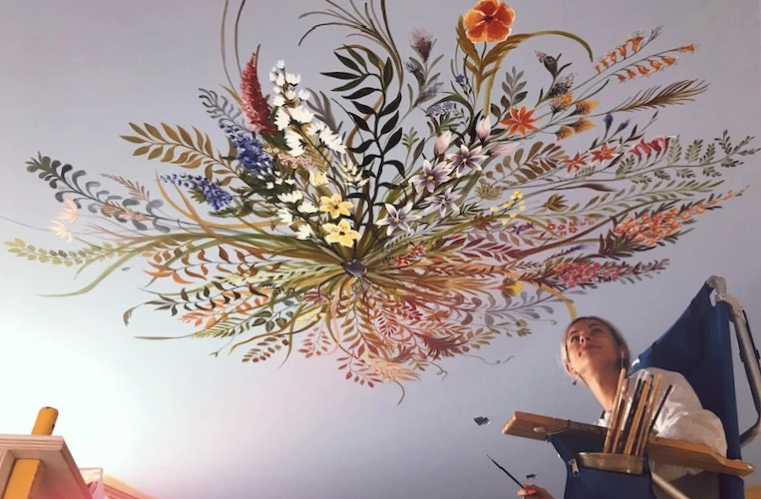
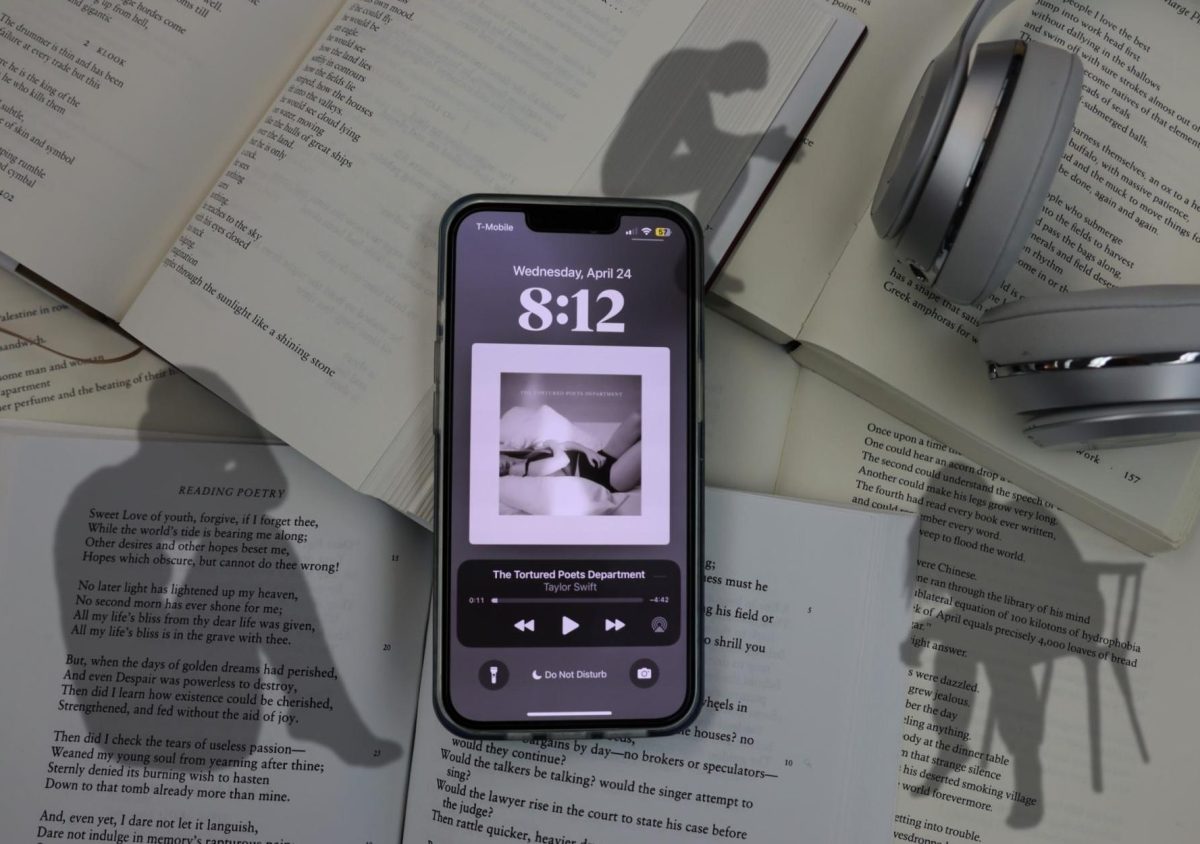
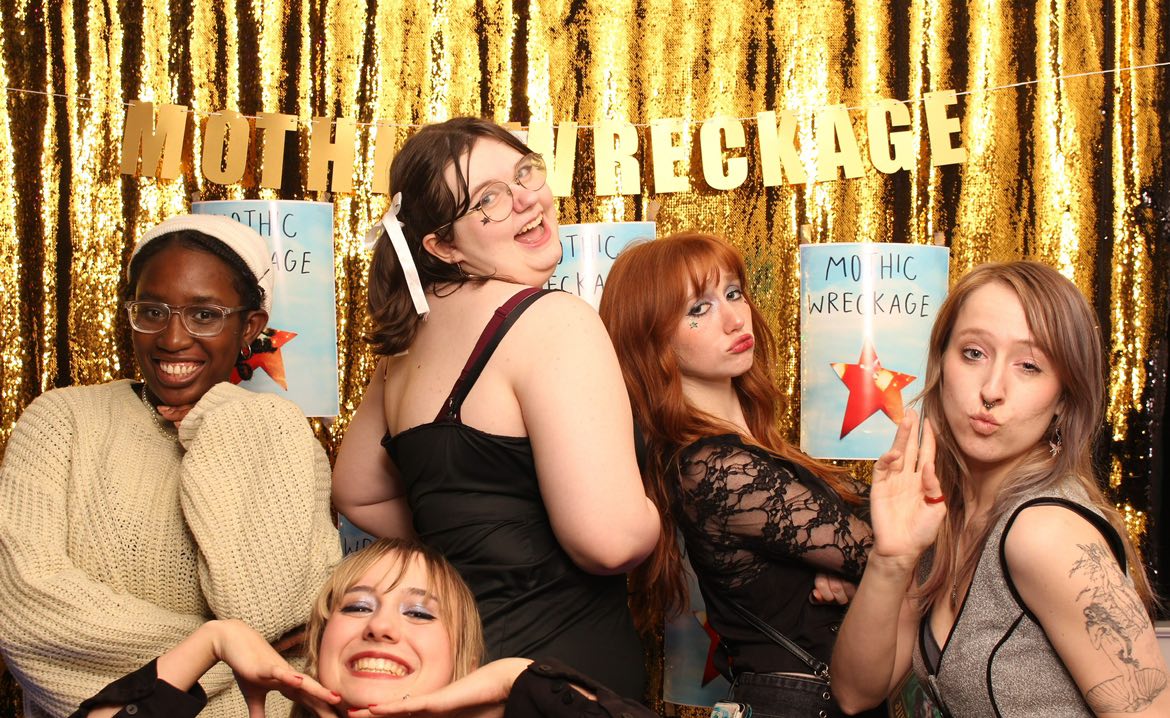













![IN THE SPOTLIGHT: Junior Zalie Mann performs “I Love to Cry at Weddings,” an ensemble piece from the fall musical Sweet Charity, to prospective students during the Fine Arts Showcase on Wednesday, Nov. 8. The showcase is a compilation of performances and demonstrations from each fine arts strand offered at McCallum. This show is put on so that prospective students can see if they are interested in joining an academy or major.
Sweet Charity originally ran the weekends of Sept. 28 and Oct. 8, but made a comeback for the Fine Arts Showcase.
“[Being at the front in the spotlight] is my favorite part of the whole dance, so I was super happy to be on stage performing and smiling at the audience,” Mann said.
Mann performed in both the musical theatre performance and dance excerpt “Ethereal,” a contemporary piece choreographed by the new dance director Terrance Carson, in the showcase. With also being a dance ambassador, Mann got to talk about what MAC dance is, her experience and answer any questions the aspiring arts majors and their parents may have.
Caption by Maya Tackett.](https://bestofsno.com/wp-content/uploads/2024/02/53321803427_47cd17fe70_o-1-1200x800.jpg)
![SPREADING THE JOY: Sophomore Chim Becker poses with sophomores Cozbi Sims and Lou Davidson while manning a table at the Hispanic Heritage treat day during lunch of Sept 28. Becker is a part of the students of color alliance, who put together the activity to raise money for their club.
“It [the stand] was really fun because McCallum has a lot of latino kids,” Becker said. “And I think it was nice that I could share the stuff that I usually just have at home with people who have never tried it before.”
Becker recognizes the importance of celebrating Hispanic heritage at Mac.
“I think its important to celebrate,” Becker said. “Because our culture is awesome and super cool, and everybody should be able to learn about other cultures of the world.”
Caption by JoJo Barnard.](https://bestofsno.com/wp-content/uploads/2024/01/53221601352_4127a81c41_o-1200x675.jpg)





